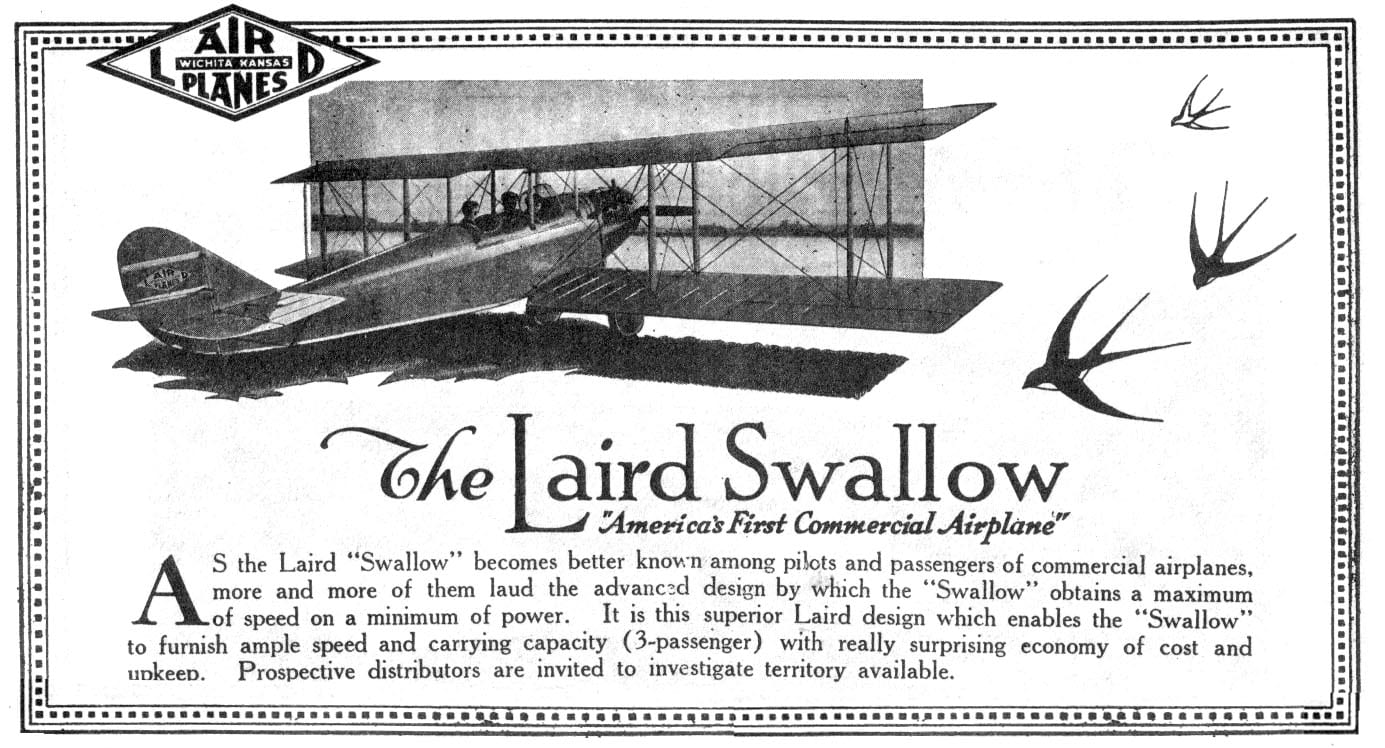Dennis Parks is Curator Emeritus of Seattle’s Museum of Flight. After the end of World War I, surplus warplanes were dumped on the market at a fraction of their original cost, leaving manufacturers with little demand for new aircraft. Without a doubt this availability of cheap aircraft hindered the development of new aircraft in the […]
On the threshold of powered flight
Dennis Parks is Curator Emeritus of Seattle’s Museum of Flight. During the closing years of the 19th century, there were important events that brought the development of aircraft to the edge of powered flight. It was a period of great expectations, full of such developments as the gasoline engine, the automobile, electric lights and the […]
A new age of business travel
Dennis Parks is Curator Emeritus of Seattle’s Museum of Flight. The period after the end of World War II saw a rapid growth in the use of corporate-owned aircraft for executive transportation. That need was fed mainly by conversions of small transports and high-speed wartime medium bombers, but in the early 1950s serious thought was […]
A novel approach
Dennis Parks is Curator Emeritus of Seattle’s Museum of Flight. Starting in 1908 and 1909, aviation began to have an impact on the public conscience and imagination, evidenced by its appearance in popular culture of the day, including music, books and films. Tens of thousands of people saw the Wrights fly at Ft. Myer in […]
An aerial adventure
A decade after the Army’s pioneering flight to Alaska, two adventurous young men embarked on a month-long, 12,000-mile journey to Alaska in a de Havilland Gipsy Moth named “Flit,” a small two-seat biplane with open cockpits and a 90-hp, four-cylinder engine. The pilots were on their summer vacation and wanted to see if they could […]
Commercial aviation tries its wings
The development of commercial air operations in the United States after the armistice that ended the First World War was a period of optimism founded on widespread public curiosity, thousands of newly trained pilots, and easy availability of surplus aircraft. Financing was provided based on the assumption that public interest would force the development of […]
Flying on tandem wings
Among early design considerations were the layout, location and configuration of wings. Several early concepts included that of the tandem wing, including Langley’s first successful powered aircraft in 1896 (pictured, below). A tandem wing aircraft implies use of two full-sized wings mounted on each end of the fuselage. It might be considered a biplane with […]
The Flying Fortress: Celebrating 75 years
This summer marks the 75th anniversary of one of the most famous aircraft of World War II: The Boeing B-17 Flying Fortress. The B-17 was originally designed to meet a bomber specification issued by the U.S. Army Air Corps in 1934 for a 250-mph bomber with a range of 2,000 miles and an operating ceiling […]
The parasol era
In a period in American aviation history when the biplane configuration was dominate, there was a slight aberration when the parasol became popular. From the start of the Depression until the mid-1930s, there was a strong spurt of interest that saw about 30 parasol designs certificated for production. With their wings placed above the fuselage, […]








